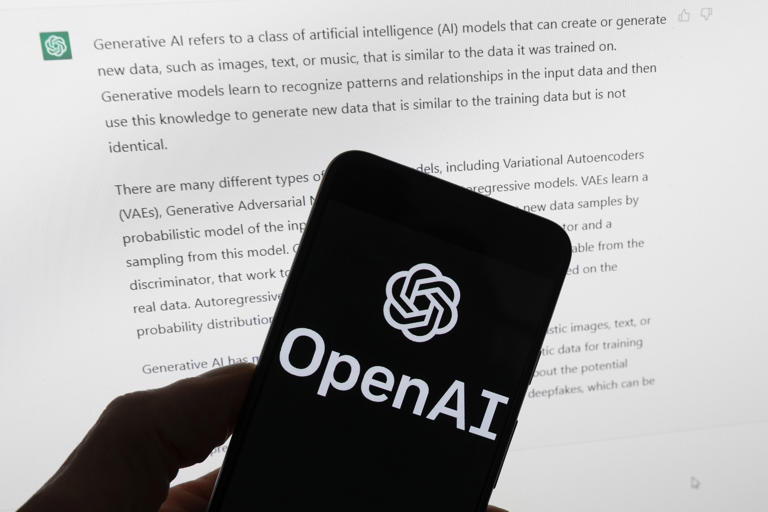The realm of artificial intelligence (AI) regulation in the United States is traversing a complex and multifaceted landscape, marked by a series of legislative attempts aimed at mitigating the discriminatory tendencies inherent in AI systems. These efforts, however, have encountered formidable challenges and diverse opposition, resulting in a nuanced and evolving discourse surrounding AI governance.
Among the array of bills introduced to address AI-driven discrimination in pivotal decision-making processes, only Colorado’s legislation has successfully navigated the legislative gauntlet, receiving hesitant approval from Governor Jared Polis. The enactment of Colorado’s bill, along with parallel initiatives in states like California, represents an initial foray into the regulatory sphere, albeit amid a backdrop of contentious debates and divergent perspectives.
The core objective of these legislative endeavors is to confront the entrenched biases entrenched within AI algorithms, which exert profound influence across various domains, including employment, housing, and healthcare. By mandating that companies employing AI conduct annual assessments for potential bias, establish robust oversight mechanisms, and report instances of discrimination to the state attorney general, these bills seek to inject transparency and accountability into AI-driven decision-making processes.
However, the path to comprehensive AI regulation is strewn with obstacles and uncertainties. Civil rights groups, the tech industry, and cautious lawmakers have voiced reservations about delving into uncharted technological terrain, citing concerns about stifling innovation and inadvertently hampering economic growth. Governor Polis’s cautious endorsement of Colorado’s bill reflects these nuanced apprehensions, underscoring the delicate balance between regulatory imperatives and innovation incentives.
Central to the discourse surrounding AI regulation is the intricate interplay between technological advancement and societal impact. Instances such as Amazon’s discriminatory hiring algorithm and AI systems scoring rental applications unfavorably against minority groups underscore the urgent need for regulatory intervention. Yet, the opacity of algorithmic decision-making processes poses formidable challenges to effective enforcement and implementation.
Labor unions and academics advocate for more proactive oversight mechanisms to preemptively address discrimination, while AI companies, particularly smaller startups, express concerns about forced transparency compromising proprietary algorithms and stifling entrepreneurial innovation. The divergence of perspectives underscores the complex interplay between regulatory imperatives, technological innovation, and societal welfare.
As the debate unfolds, it underscores the profound societal implications of AI regulation and the imperative to strike a delicate balance between fostering innovation and safeguarding against discrimination in an increasingly AI-driven world. The evolving landscape of AI governance necessitates collaborative and multidisciplinary efforts to navigate the complexities and chart a course toward equitable and responsible AI deployment.
